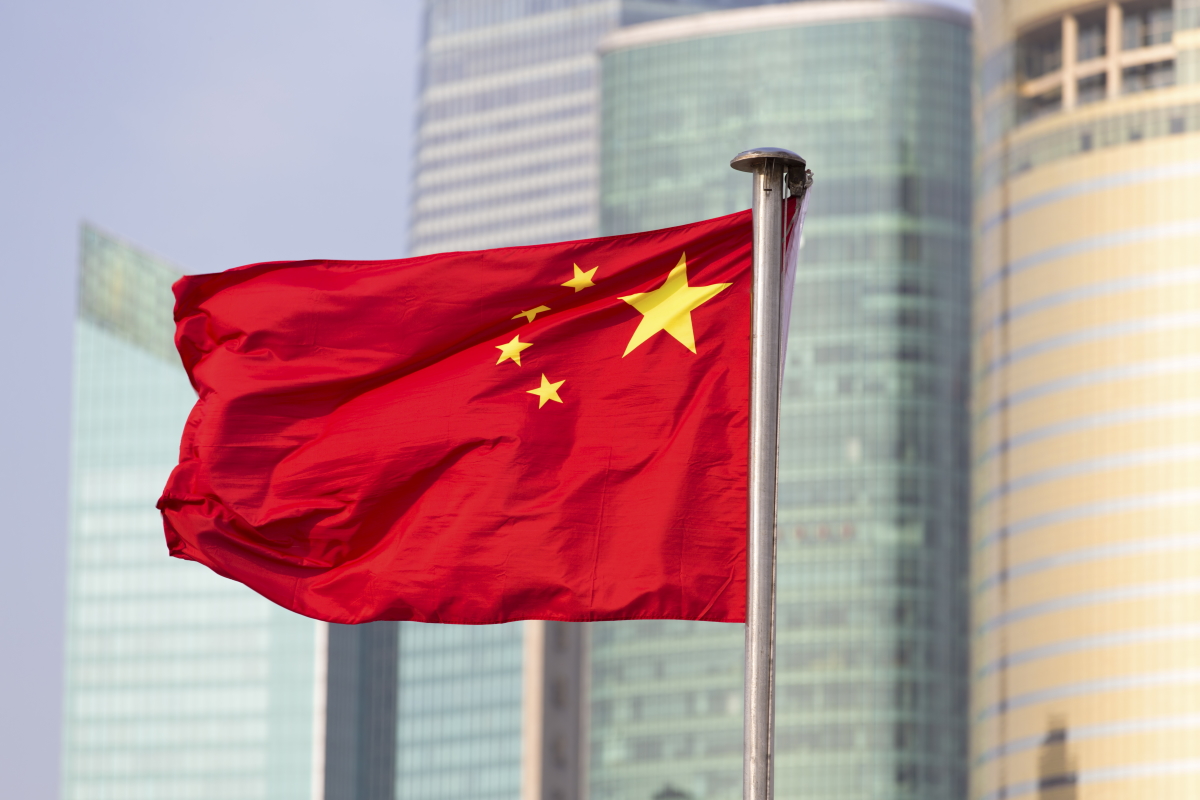China’s GDP growth rate from July to September 2023 has exceeded expectations, demonstrating a year-on-year growth of 4.9%. This figure exceeds the average market forecast of 4.4%. China’s fiscal year commences on January 1 and concludes on December 31.
On a quarterly basis, the Chinese economy expanded by 1.3% during Q3, a significant improvement as against the 0.8% growth witnessed in the April-June quarter.
“Service sectors remained to be the major growth driver, as reflected by the 6.0% yoy growth in the value-added of tertiary industry…and value-added of secondary industry increased by 4.4% yoy (in Q3)…Newly released monthly activity data also pointed to improvement in consumption and industrial production as a result of policy stimulus,” informs Marcella Chow, Global Market Strategist at JPMorgan Asset Management.
During Q3 of FY23, China implemented several interest rate cuts to stimulate borrowing by businesses and households. Measures included reducing down-payment thresholds for new home purchases to boost demand in the country’s embattled property sector.
“We believe the Chinese authorities are also feeling pressure to maintain employment levels, and address youth unemployment,” says Robeco. Along these lines, China’s unemployment rate declined from 5.2% in August 2023 to 5% in September this year.
China’s GDP boosted by industrial production, retail sales
China’s GDP received a boost from industrial production, which increased by 4.5% year-on-year in September 2023. Notably, the output of solar cells surged by 63.2% since last year. During the same period, production of new-energy vehicles, including EVs, saw a 26.7% rise.
On the other hand, retail sales grew to 5.5% in September from 4.6% year-on-year in August, surpassing the anticipated 4.9% growth. Meanwhile, investments in fixed assets during the first nine months of 2023 increased by 3.1% when compared to the corresponding period from the previous year. This growth rate was slightly below the median forecast of 3.2%.
Also, investments in infrastructure and manufacturing sectors increased by 6.2%, each. Excluding investments related to rural households, the investments in fixed assets during the first three-quarters of FY23 amounted to 37.5 tn yuan ($5.1 tn), a 6% spike from a comparable period in 2022.
Nevertheless, the property sector within the nation continues to exert a negative influence on the overall economy. Property investments experienced a notable decline of 9.1% during the period from January to September compared to the same timeframe from last year.
“Despite what are clearly still pockets of weakness in the Chinese economy, there was enough of a positive tilt to this latest activity report to provide some support for the CNY, which dropped to 7.3037 from its early trading level of about 7.3115,” writes Robert Carnell, Regional Head of Research, Asia-Pacific at ING.
“…China’s economy is making progress. The pockets of weakness are likely to remain drags on growth for some time, but other parts of the economy are taking up the slack, and cautious optimism is probably warranted,” he adds.
Looking forward, the Chinese government has set a goal of 5% GDP growth in 2023, but the authorities remain wary about the current macroeconomic situation in the country. “We should be aware that the external environment is becoming more complex and grave while the domestic demand remains insufficient and the foundation for economic recovery and growth needs to be further consolidated,” said China’s National Bureau of Statistics on Wednesday.


 Australia
Australia China
China India
India Indonesia
Indonesia Japan
Japan Malaysia
Malaysia Philippines
Philippines Singapore
Singapore South Korea
South Korea Taiwan
Taiwan Thailand
Thailand Vietnam
Vietnam







